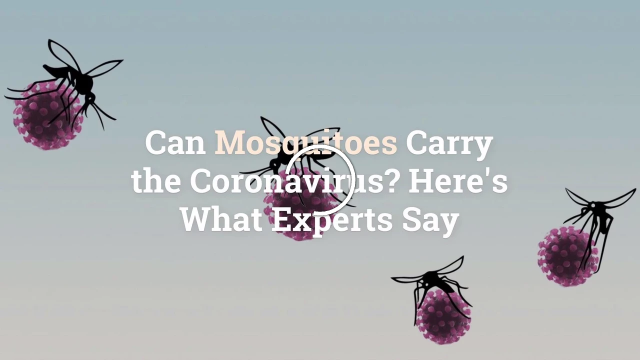 |
| What is Coronavrus?-Coronavirus disease (COVID-19) advice for the public Coronavirus disease (COVID-19) advice for the public |
Overview
Coronavirus disease (COVID-19) is an infectious disease caused by a newly discovered coronavirus.
Most people infected with COVID-19 virus will experience mild to moderate respiratory illness and will recover without the need for special treatment. Older people, and those with underlying medical problems such as heart disease, diabetes, chronic respiratory illness, and cancer, are more likely to develop serious illness.
The best way to prevent and slow transmission is to have the COVID-19 virus thoroughly described as to what causes the disease and how it spreads. Protect yourself and others from infection by washing your hands or using an alcohol-based rub and touching your face.
The COVID-19 virus is spread mainly by droplets of saliva or is released from the nose when an infected person coughs or sneezes, so it is important that you also practice respiratory etiquette (for example, a flexible elbow cough By doing).
Prevention
To prevent infection and to slow down the transmission of COVID-19, do the following:
Wash your hands regularly with soap and water, or clean them by rubbing alcohol-based hands.
Keep a distance of at least 1 meter between you and coughing or sneezing people.
Avoid touching your face.
Cover your mouth and nose while coughing or sneezing.
If you feel unwell then stay home.
Smoking and other activities that weaken the lungs should be avoided.
Practice physical distance by avoiding unnecessary travel and staying away from large groups of people.
Most people infected with COVID-19 virus will experience mild to moderate respiratory illness and will recover without the need for special treatment. Older people, and those with underlying medical problems such as heart disease, diabetes, chronic respiratory illness, and cancer, are more likely to develop serious illness.
The best way to prevent and slow transmission is to have the COVID-19 virus thoroughly described as to what causes the disease and how it spreads. Protect yourself and others from infection by washing your hands or using an alcohol-based rub and touching your face.
The COVID-19 virus is spread mainly by droplets of saliva or is released from the nose when an infected person coughs or sneezes, so it is important that you also practice respiratory etiquette (for example, a flexible elbow cough By doing).
Prevention
To prevent infection and to slow down the transmission of COVID-19, do the following:
Wash your hands regularly with soap and water, or clean them by rubbing alcohol-based hands.
Keep a distance of at least 1 meter between you and coughing or sneezing people.
Avoid touching your face.
Cover your mouth and nose while coughing or sneezing.
If you feel unwell then stay home.
Smoking and other activities that weaken the lungs should be avoided.
Practice physical distance by avoiding unnecessary travel and staying away from large groups of people.
Symptoms
COVID-19 affects different people in different ways. Most infected people will develop mild to moderate disease and recover without hospitalization.
The most common symptoms:
fever.
Dry cough.
Fatigue. Common symptoms:
aches and pains.
Sore throat
Diarrhea.
Conjunctivitis.
head ache.
Loss of taste or smell.
A rash on the skin, or discoloration of the fingers or toes.
Severe symptoms:
Difficulty breathing or shortness of breath.
Chest pain or pressure.
Loss of speech or movement.
If you have severe symptoms, seek immediate medical attention. Always call before visiting your doctor or healthcare facility.
People with mild symptoms who are otherwise healthy should manage their symptoms at home.
On average it takes 5-7 days when one is infected with the virus to show symptoms, although it may take up to 14 days.
The most common symptoms:
fever.
Dry cough.
Fatigue. Common symptoms:
aches and pains.
Sore throat
Diarrhea.
Conjunctivitis.
head ache.
Loss of taste or smell.
A rash on the skin, or discoloration of the fingers or toes.
Severe symptoms:
Difficulty breathing or shortness of breath.
Chest pain or pressure.
Loss of speech or movement.
If you have severe symptoms, seek immediate medical attention. Always call before visiting your doctor or healthcare facility.
People with mild symptoms who are otherwise healthy should manage their symptoms at home.
On average it takes 5-7 days when one is infected with the virus to show symptoms, although it may take up to 14 days.
WATCH MOOR DETAILS TO GO NEXT POST-






No comments:
Post a Comment